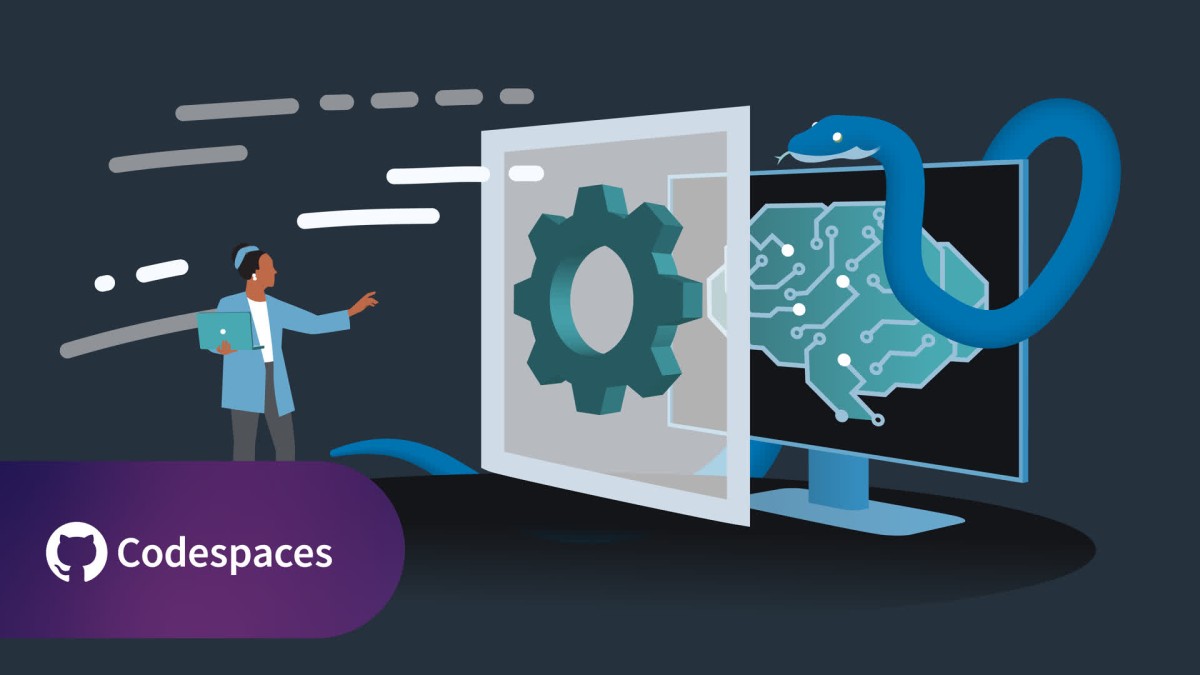This is the repository for the LinkedIn Learning course Advanced Python Projects: Build AI Applications. The full course is available from LinkedIn Learning.
Python is a versatile programming language that is widely used in a variety of industries, including data science, artificial intelligence, web development, and more. As the demand for Python developers continues to grow, having a portfolio of Python projects can significantly increase your job prospects and marketability. This course with instructor Priya Mohan is designed to equip you with the skills and knowledge needed to create a portfolio of Python-based applications and tools that can be showcased to employers or used to bring your own ideas to life. It’s ideal for anyone looking to enhance their Python knowledge by completing hands-on projects or for those seeking to create interesting solutions from scratch for fun.
This course is integrated with GitHub Codespaces, an instant cloud developer environment that offers all the functionality of your favorite IDE without the need for any local machine setup. With GitHub Codespaces, you can get hands-on practice from any machine, at any time—all while using a tool that you’ll likely encounter in the workplace. Check out the “Using GitHub Codespaces with this course” video to learn how to get started.
All of the course files are stored in the main branch. There are 2 folders in the main branch called "Begin" and "Finish". The Start folder contains semi-completed code files you can start working on while watching the LinkedIn Learning course. The Finish folder contains completed code files. The naming convention is CHAPTER_#_ProjectName. As an example, the first project is labeled "CH_1_NLP_ChatBot".
Happy Coding!
Priya Mohan
Management Consultant, KPMG
Please follow me on LinkedIn: https://www.linkedin.com/in/priya123mohan

